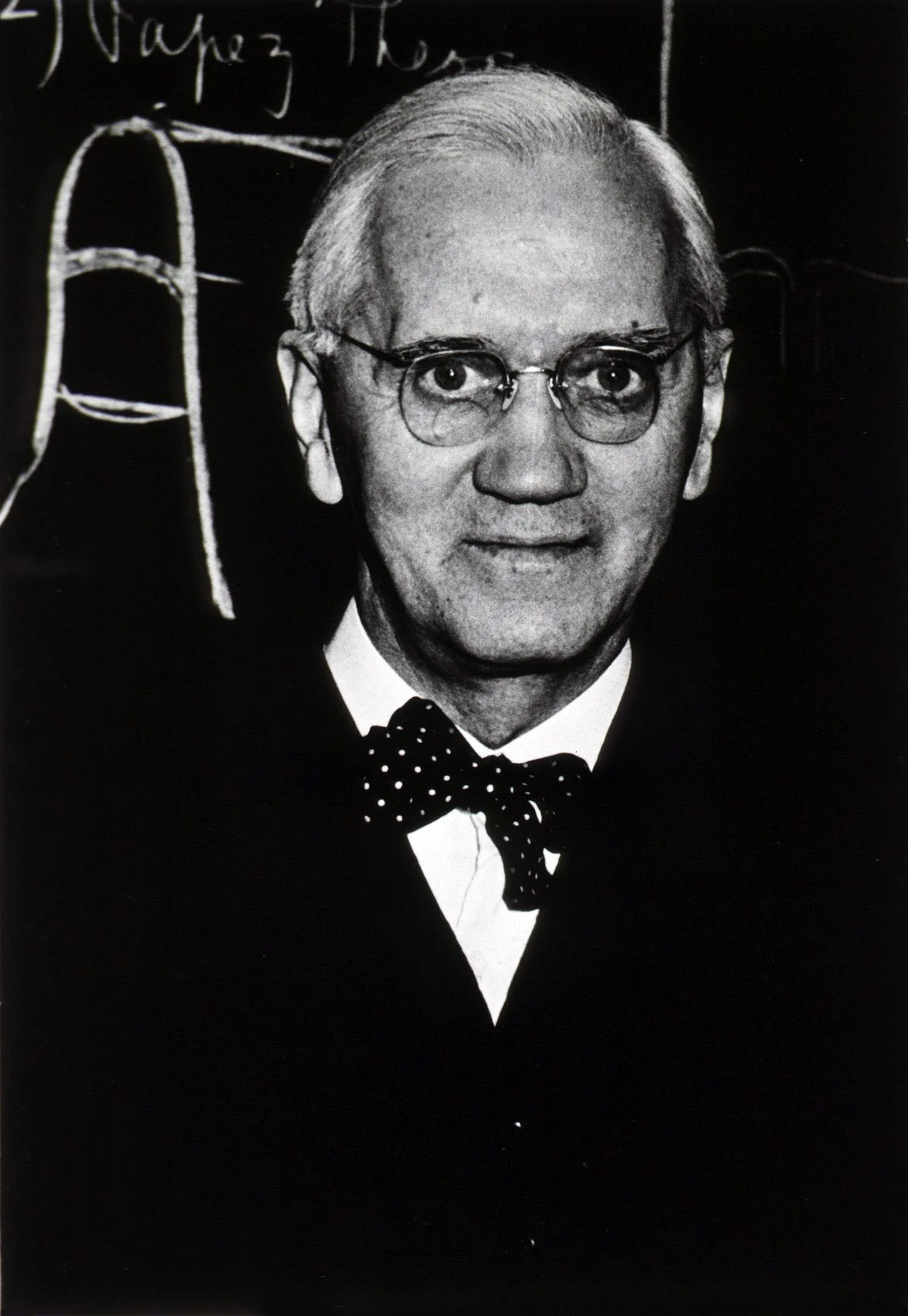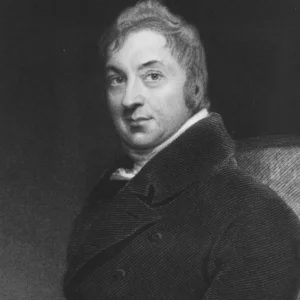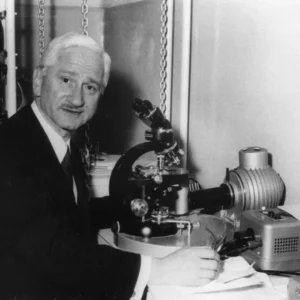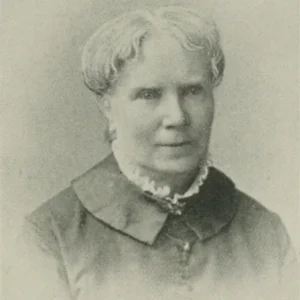Alexander Fleming, born on August 6, 1881, in Lochfield, Ayrshire, Scotland, is renowned for his groundbreaking discovery of penicillin, which revolutionized modern medicine. His innovative work in bacteriology and his contribution to the development of antibiotics have saved countless lives and left an enduring legacy in the field of medical science.
Early Life and Educational Background
Birth and Family Background
Alexander Fleming was born to a modest farming family in rural Scotland. He was the third of four children born to Hugh Fleming and Grace Stirling Morton. Fleming’s early life on the farm instilled in him a strong work ethic and a deep appreciation for nature. Despite the family’s limited means, his parents valued education and encouraged their children to pursue learning.
Education and Early Influences
Fleming’s academic journey began at Loudoun Moor School and later at Darvel School. At the age of 13, he moved to London to live with his older brother, Thomas, who was a practicing physician. This move proved to be a turning point in his life, as it exposed him to the world of medicine. Fleming attended Regent Street Polytechnic (now the University of Westminster) before winning a scholarship to study at St. Mary’s Hospital Medical School in London. He graduated with distinction in 1906 and began working in the hospital’s inoculation department under the mentorship of Sir Almroth Wright, a pioneer in immunology and vaccine therapy.
Rise to Prominence
Early Research and Discoveries
Fleming’s early research focused on the immune system and the body’s natural defenses against bacterial infections. He made significant contributions to the understanding of bacterial behavior and the development of vaccines. During World War I, he served as a captain in the Royal Army Medical Corps, where he witnessed the devastating effects of bacterial infections on wounded soldiers. This experience deepened his commitment to finding effective treatments for bacterial diseases.
Discovery of Lysozyme
In 1922, Fleming made his first major discovery when he identified lysozyme, an enzyme with mild antibacterial properties. He found that lysozyme was present in various bodily fluids, such as saliva and tears, and played a role in the body’s natural defense mechanisms. Although lysozyme was not strong enough to combat severe infections, this discovery was a stepping stone in Fleming’s scientific journey.
The Groundbreaking Discovery of Penicillin
The Accidental Discovery
In September 1928, Fleming made a serendipitous discovery that would change the course of medical history. While working at St. Mary’s Hospital, he noticed that a petri dish containing Staphylococcus bacteria had been contaminated with a mold, later identified as Penicillium notatum. To his astonishment, the mold had created a bacteria-free zone around it, indicating its potential antibacterial properties. Fleming realized that the mold produced a substance capable of killing a wide range of harmful bacteria. He named this substance penicillin.
Development and Challenges
Fleming’s discovery of penicillin was met with initial skepticism from the scientific community. Despite this, he persisted in his research, demonstrating the effectiveness of penicillin in laboratory experiments. However, he faced significant challenges in producing and purifying the substance in large quantities. Fleming’s limited resources and expertise in chemistry prevented him from fully realizing the potential of penicillin at that time.
World War II and Mass Production
It was not until World War II that penicillin’s potential was fully recognized. Scientists Howard Florey, Ernst Boris Chain, and their team at the University of Oxford built upon Fleming’s work and developed methods for mass-producing penicillin. Their efforts, supported by the United States and British governments, led to the large-scale production of penicillin, which became a vital tool in treating bacterial infections during the war. By the end of the war, penicillin was widely available and had saved countless lives.
Contributions to Global Health
Impact on Medicine
The discovery of penicillin marked the beginning of the antibiotic era, transforming the treatment of bacterial infections. Penicillin proved effective against various infections, including pneumonia, meningitis, and syphilis. Its ability to cure previously deadly diseases revolutionized medical practice and significantly reduced mortality rates. Fleming’s work paved the way for the development of other antibiotics, further expanding the arsenal of treatments available to combat infectious diseases.
Recognitions and Honors
Fleming’s contributions to science and medicine were widely recognized. In 1945, he shared the Nobel Prize in Physiology or Medicine with Howard Florey and Ernst Boris Chain for their collective work on penicillin. He was knighted by King George VI in 1944, becoming Sir Alexander Fleming. Fleming received numerous honorary degrees and awards from institutions around the world, solidifying his legacy as a pioneer in medical science.
Personal Struggles and Triumphs
Overcoming Challenges
Despite his groundbreaking discovery, Fleming faced numerous challenges throughout his career. His work was often met with skepticism, and he struggled to secure funding for his research. However, his unwavering dedication to science and his belief in the potential of penicillin kept him motivated. Fleming’s perseverance and resilience were instrumental in overcoming these obstacles and achieving success.
Legacy and Influence
Fleming’s legacy extends beyond his discovery of penicillin. He is remembered as a humble and modest scientist who valued the collective efforts of the scientific community. His work has inspired generations of researchers and healthcare professionals to pursue innovative solutions to medical challenges. The impact of his discovery continues to be felt today, as antibiotics remain a cornerstone of modern medicine.
Conclusion
Alexander Fleming’s life and work exemplify the transformative power of scientific discovery and innovation. His accidental discovery of penicillin revolutionized the treatment of bacterial infections and has saved countless lives worldwide. From his early beginnings in Scotland to his status as one of the most influential figures in medical history, Fleming’s journey is a testament to the potential of scientific curiosity and dedication to improving public health.
Through his research and perseverance, Fleming has left an indelible mark on the field of medicine. His contributions continue to inspire scientists and healthcare professionals, ensuring that his legacy of innovation and lifesaving discoveries endures for generations to come. Fleming’s pioneering work with penicillin serves as a reminder of the profound impact that one discovery can have on the world, transforming the landscape of modern medicine and providing hope for a healthier future.



